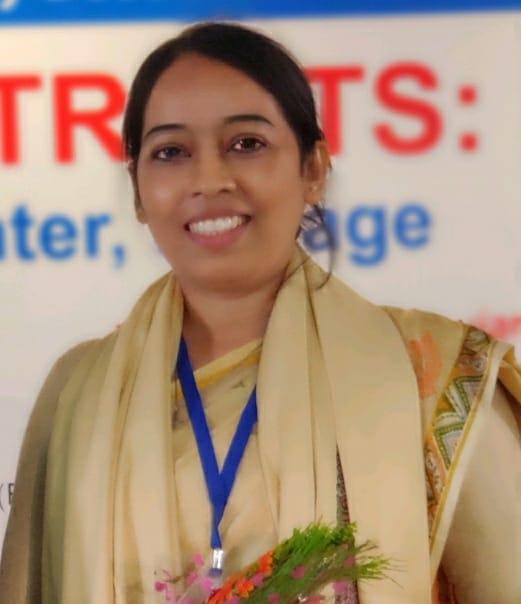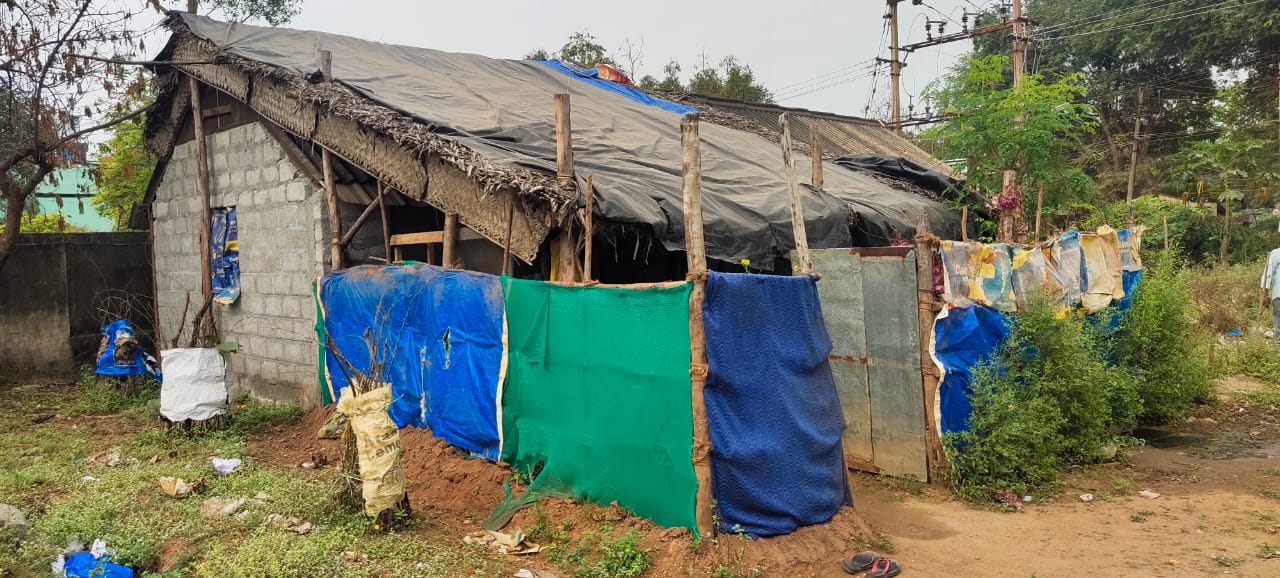By DCD Reporter
“Here I am, Lord; I come to do your will.” This is a renowned sentence used by the priests and religious in the Catholic Church when they pronounce their religious vows or their priestly ordination.
It is an emotional and profound statement when it is uttered on these special occasions. The vocation to the priesthood or religious life is a boon. This is a faith that many Catholics have when they see a priest or other religious people.
The consecrated people choose God above the world because they trust in God, and this chosen life can help them to accompany people in need. The needs may vary, but many have witnessed the physical, spiritual, and psychological accompaniment of the priests and the religious.
But what about their personal and committed lives? How are they treated in their religious environment? Apparently, everything looks perfect. But do we care for these priests and nuns, especially those from oppressed communities?
Many Christians say that they do not know about caste and do not practice it. But caste discrimination exists everywhere. It did not spare or spoil the minds of the chosen ones.
Many priests and religious from the Dalit community have become survivors of caste discrimination in their dioceses and congregations.

As children growing up in religious environments, we develop good memories of growing up with the nuns and priests who encouraged us to lead a holy life. They love and care for us. Their motivational advice inspired us to imitate them. They taught us to be self-disciplined and care for the needy.
My mother usually says Priests and Religious people are God’s people, and we must leave them to the judgment of God if they make mistakes.
I never knew what their personal lives would be like. I never came across how the nuns are treated inside convents, by the priests and brothers in the parishes, or in the seminaries. But many years later, when I listened to others speak of caste practices and discrimination, it shocked me. I have experienced how they are treated.
Casteism in Christianity is something I still cannot digest, as I believe that God created everyone in His own image and likeness, and he could never treat us partially or unfairly. Christians are supposed to follow the teachings of Christ and the values of the Gospel, and they have failed today as discrimination is practiced.
One of my teachers at primary school expressed how a nun was discriminated against because she was a minority in a particular caste, was a junior sister, and was made to do all the household chores. When she came to the school, she was found to be crying. She was afraid to tell others about the kind of ill-treatment she faced in the convent. Within a couple of years, she succumbed to cancer and passed away at 33.
When my teacher told me the story, I could not believe what happened in the school where I studied. But now I have witnessed how some priests and nuns are pioneering ways to hold onto their caste identity.
The Catholic Bishops’ Conference of India has proclaimed in the Dalit Empowerment Policy 2016 that caste discrimination is a grave social sin. But it has not come into effect, though centuries have passed.
How can we become the children of God if we practice and promote casteism? During COVID-19, the whole world was frightened that we had survived. In those crucial times, we witnessed the deaths of many priests and nuns.
When a priest from the Dalit community passed away, he was not given a dignified burial like the priests from the dominant caste communities. The body of the priest was brought directly from the hospital; no priests were around, and no prayer was said. The burial took place in a fraction of a second. All could watch this painful moment in a video.
This priest, when he was alive, held many positions in the Church, healed so many people, and empowered so many youths in Tamil Nadu, south India. Since he belonged to a Dalit community, he was denied a decent burial.
Another Dalit priest was a Biblical scholar at a renowned theological seminary. When he passed away, it happened the same way.
All are called to carry the Cross of Christ irrespective of caste, color, race, or ethnicity, but in India, the priests and the religious are made to carry the cross of caste.
Caste is still prevalent in places of worship, in cemeteries, and in hearse carts. Years ago, when a Dalit priest requested the body of his mother be brought through the common street of Eraiyur in the Archdiocese of Pondicherry-Cuddalore, a riot took place, killing people and destroying properties in both communities.
The deaths of some Dalit priests remain a mystery. Many have faced life threats for fighting against casteism in the Churches. A Dalit provincial was forced to resign from the post of the Regional Scheduled Caste/Scheduled Tribe Commission in Andhra Pradesh.
Many talented priests are sent to rural villages, whereas others from the dominant communities never serve in the far-flung parishes.
We read, listen, and witness caste discrimination, yet the victims are made to suffer again and again—often silently.
Recently, Father L. Paul Raj, 65, a priest of the Archdiocese of Madras-Mylapore, passed away in his sleep on June 11, 2023. His sister filed a First Information Report (FIR) informing the archdiocese that it did not preserve his body in the freezer as it started smelling at the time of burial.
Paulraj has been a scholar and has a triple doctorate in Theology, Philosophy, and Sociology from Europe and Canada. He served his archdiocese for 38 years.
The talents of this energetic priest were not properly identified and used by his archdiocese. The death of a Dalit nun in Eraiyur village in 2022 again proved caste discrimination.
Out of the 174 dioceses of the Catholic Church in India, there are only 11 bishops from the Dalit community. There are 18 dioceses in Tamil Nadu, and only the diocese of Chingleput is served by a bishop from a Dalit community.
Still, some of us say caste does not exist in the Catholic Church. There are still dioceses that have three churches in the same village, representing different castes. The non-Dalits and Dalits can’t still sit together in the same church.
Dalit seminarians are sent out for petty reasons from seminaries and formation houses. Many Dalit priests are sent to faraway places as a punishment for standing up for the oppressed.
Many are afraid to talk about equality, dignity, and respect in the Church as they will be questioned by their authorities. They are sidelined, their spirituality is misunderstood, and they are accused of sexual abuse in some cases.
This can also be a reason why the vocation to the priesthood and to religious life is decreasing. Dalits converted to Christianity because they believed that they would be treated better in Christianity with due respect and dignity. But until today, they have been deprived of equal treatment.
Instead of carrying the cross of others for Christ, Dalits are made to carry the cross of caste, which is against God’s love and the Church’s teachings.
If one member suffers, all suffer together with it; if one member is honored, all rejoice together with it. You Are God’s Masterpiece (1 Cor 12:26).
But the Dalits in Christianity are made to suffer alone, deserted by their Christian brethren.
The sacrifice of Christ to redeem humanity will be reiterated when we all believe and practice equality and are the warriors of anti-casteism.
Our call is to carry the Cross of Christ to redeem humanity, to be the co-redeemers with Christ in building the kingdom of God, to lift up the lowly, feed the hungry, clothe the naked, and reach out to the needy, as Mother Mary did.
She is the woman who is the face of Christ for us; she experienced the passion of Christ. Let our passion and commitment be in building God’s kingdom as He wants, not with our own interpretations.
Let our Churches be free of differences; let us shed out the casteist blood that makes us inhuman and immerse ourselves in the sacrificial blood of Jesus Christ, our Savior and Master.





